Prosecution rejects retreat from Netanyahu bribery charge after judge pushback
Attorneys said to believe bench may still be swayed by evidence yet to be presented, with possibility of plea bargain also seen as slim
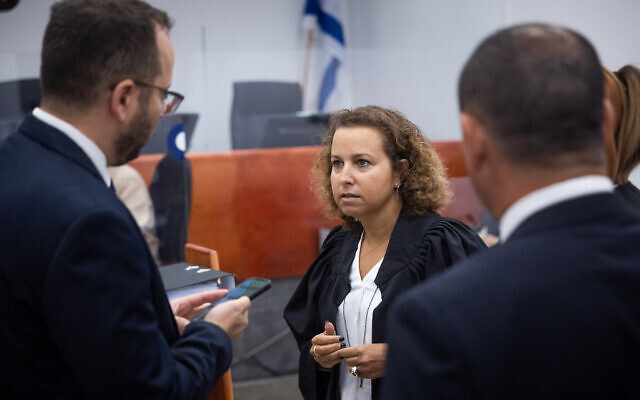
State attorneys prosecuting Prime Minister Benjamin Netanyahu indicated Friday they will push ahead with attempting to convict the premier on a bribery charge, rejecting the advice of judges who reportedly warned that the allegation had little chance of sticking.
According to Hebrew language media reports, the State Prosecutor’s office, headed by Amit Aisman, and Attorney General Gali Baharav-Miara will continue to pursue the case as they have been; prosecutors still believe they have a strong case for the accusation that Netanyahu took bribes in the form of positive press coverage from a telecoms mogul seeking regulatory benefits.
The allegation, part of what is known as Case 4000, is the most serious faced by the prime minister, who is on trial for graft and breach of trust in that case and two others as well.
On Thursday, Channel 13 news reported that judges presiding over Netanyahu’s trial held a meeting with prosecutors and defense lawyers to discuss issues involved in substantiating the bribery charge, indicating that it would be difficult to prove to the court’s satisfaction.
Judges also reportedly implored both parties to consider a plea bargain or mediation for “the sake of the country.”
Also known as the Bezeq-Walla affair, Case 4000 focuses on allegations that Netanyahu, during a previous tenure as prime minister, authorized regulatory decisions that financially benefited Bezeq telecommunications giant shareholder Shaul Elovitch by hundreds of millions of shekels. In return, Netanyahu allegedly received favorable media coverage from the Walla news site, also owned by Elovitch.
Unsourced media reports in the Hebrew press landscape played up the drama of the decision not to pursue a plea deal Friday, with one TV channel calling it an “earthquake.”
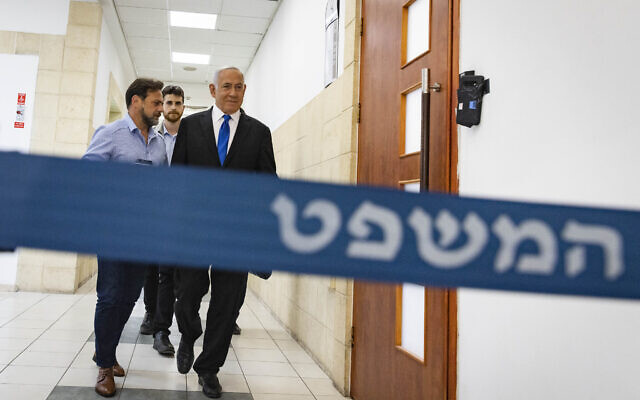
The reports indicated that prosecutors believe judges have yet to consider evidence in the case that has yet to come up. According to the Kan public broadcaster, judges who met with prosecutors were the source of the idea that there could be more they had not considered.
Among the evidence that may yet sway the court are WhatsApp messages, emails and recordings, the Haaretz daily reported. The court is expected to delve into those types of evidence when the defense takes over after the prosecution rests its case, it said.
Though all prosecution witnesses in the case have been called, Channel 12 news reported that prosecutors believe future testimony by witnesses called by the defense, including Netanyahu and Elovitch, will strengthen the evidence for the bribery charge. It’s unclear if either defendant plans to take the stand.
The channel claimed that prosecutors were also reticent to negotiate a deal given the fraud and breach of trust charge he faces in Case 4000, an offense punishable by three years in prison.
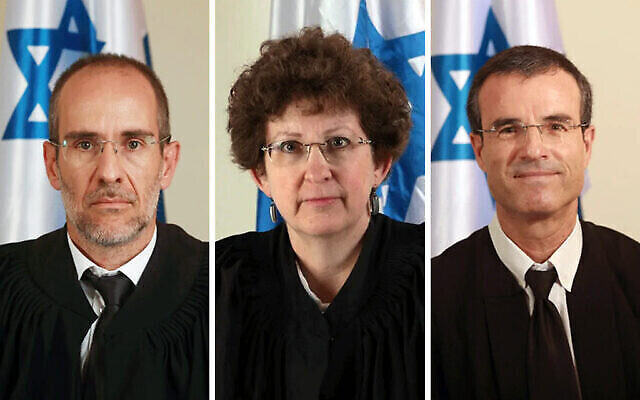
Netanyahu is also on trial for two additional counts of fraud and breach of trust in Case 1000, which concerns gifts he allegedly inappropriately received from billionaire benefactors, and Case 2000, in which he allegedly negotiated to obtain positive media coverage in a newspaper in exchange for curtailing its competitors.
He denies any wrongdoing in the cases against him and claims that the charges were fabricated in a witch hunt led by the police and state prosecution.
In April, Baharav-Miara was reported to have decided not to seek a non-binding mediation process in the corruption trial, though the Justice Ministry dismissed the report as “speculation,” saying that no decision had been reached on the matter.
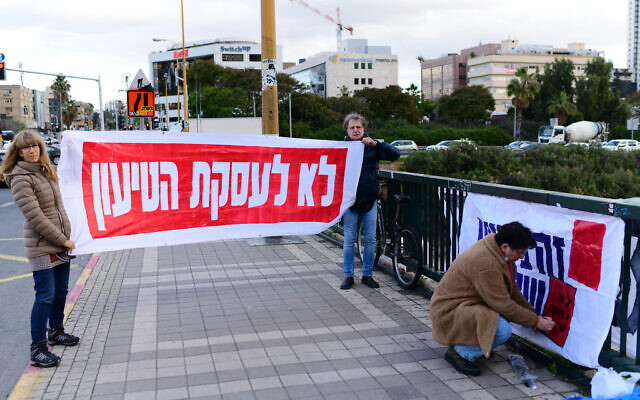
According to Haaretz, judges fear that a plea bargain will become much harder to clinch once the defense begins presenting its case, so made the push for one now.
However, reports indicated that the chances of a deal would still be slim, with the sides unable to come together on the ramifications for Netanyahu’s political future. Baharab-Miara has insisted that any deal include an extended political time-out for Netanyahu, essentially spelling the end of his career as Israel’s longest-ever serving premier.
Netanyahu has rejected any deal that includes a requirement to step down.
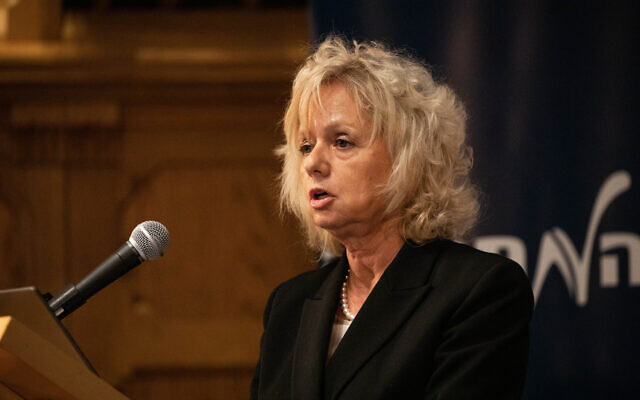
Netanyahu’s political allies had hailed Thursday’s report on the judges’ push for a plea deal, saying they backed up the premier’s longtime contention that there was “nothing” to the cases against him.
On Friday, some attacked the prosecution for refusing to retreat, including Economy Minister Nir Barkat, who spoke in favor of increased government control over the state prosecution.
“We need oversight over the prosecution. This is a consensus subject and there’s no better example than what is happening now — for five years the prosecution has dragged us through this terrible, horrific experience,” the Likud politician told Channel 13.
Reforms to the prosecution have not been included thus far as part of the overhaul of the judiciary being pressed by Netanyahu’s government.
Netanyahu first went on trial three years ago and, as things stand, the proceedings, including potential appeals, are seen as unlikely to end before 2028-2029.
Former attorney general Avichai Mandelblit held plea bargain contacts with Netanyahu’s lawyers from late 2021 to early 2022. Mandelblit and Netanyahu’s lawyers engaged in several weeks of talks toward a potential plea deal, during a period when Netanyahu was not in office, but the talks fell through.









